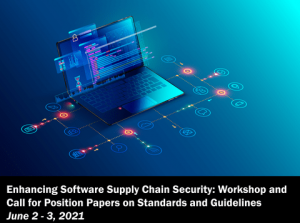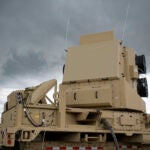
The National Institute of Standards and Technology (NIST) in June will host a two-day virtual workshop to discuss its plans for raising the bar on the security of the software supply chain and gather feedback on how it should develop standards and guidelines called for by President Joe Biden to enhance software supply chain security for the federal government. Section 4 of Biden’s new executive order for Improving the Nation’s Cybersecurity calls for the Department of Commerce, through NIST, to…

 By
By 











